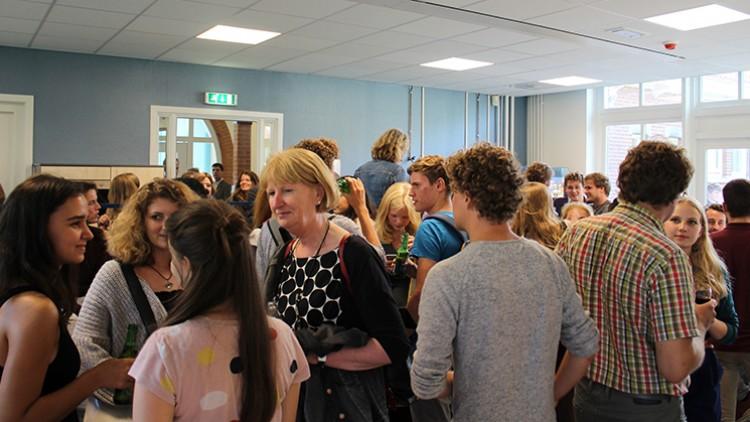UU Council agrees not to give itself right of consent for new study programmes

How much of a say do faculty councils and the University Council have when Utrecht University creates or dismantles a study programme? Throughout the past year and a half, this question has often been on the agenda of meetings between the UU Council and the Executive Board.
Among the reason for this, were negative experiences regarding the role of co-determination bodies back when the programmes Philosophy, Politics & Economics (PPE) and Molecular Biophysical Life Science (MBLS) were set up.
The councils often feel as though they are not heard enough in the decision-making process, especially when the programme involves more than one faculty. In that case, procedures aren't always clear.
Arbitration committee
For a long time, a difference in interpretation of the Higher Education Act (WHW in the Dutch acronym) played a significant part in the discussions. Both parties defended their positions with arguments provided by educational lawyers.
To the University Council, the WHV prescribes that faculty councils should get advisory rights, while the University Council should get the right of consent. The Executive Board did not share this view, arguing instead that faculty councils and the UU Council have a say in strategic plans and budgets, but not on their specific elements.
The board expressed a willingness to grant faculty councils advisory rights for setting up new study programmes, but that was not enough for the University Council, which insisted that co-determination bodies should have the right of consent to guarantee that the consultation procedure is properly carried out and assess how the new programme fits into the UU's overall educational offer.
They threatened to submit this difference of opinion to the Disputes Committee on Co-Participation in Higher Education.
State of the union
At the end of 2021, the Executive Board UU offered a new concession: the UU Council would get advisory rights on a new policy framework for the university's educational offer. For various reasons – including the steady growth in the number of students and political doubts about the use of some programmes – the board UU management needs to chart the cohesion between all study programmes anyway.
Additionally, the UU Council gets an annual "debating right" on the educational offer. Unofficially, there’s talk of a "state of the union" or "state of the university" coming from the rector, to which the councillors will have the chance to respond.
After much hesitation, and waiting until the Executive Board provided additional explanations about the exact course of events, most student members of the UU Council agreed, following in the footsteps of the staff members.
Only the student section of party UUinActie (UU in Action) voted against it. They had already voiced their objection to the proposal in an opinion piece written for DUB. Council member Sifra Meijers explained her vote as follows: "Other council members say that this is a step in the right direction, but we are not satisfied".